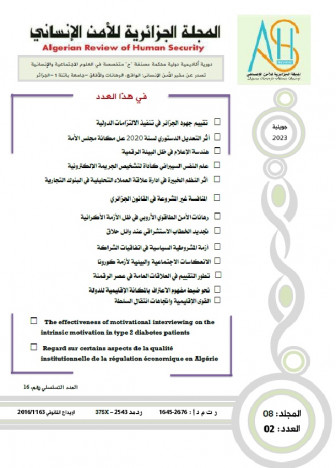The role of the Sufi orders in Democratization in Senegal
DOI:
https://doi.org/10.59791/arhs.v6i1.2011Keywords:
Sufi orders, Senegalese political system, Senegalese society, patrimonial democracy, pluralist democracyAbstract
This topic is among the interests of comparative political studies, and it discusses the relationship between politics and religion in the African Islamic political field. This article aims to discuss the nature of the role of the Sufism Orders as a central actor in the Senegalese political process and its role shifted from patrimonial democracy to pluralist democracy. Senegal witnessed the opening of limited party pluralism in the midseventies of the twentieth century while the democratic transition process was directed by the state, and it was based on the loyalty of the Sufism Methods to dominate the political process. At the end of the eighth decade of the twentieth century, Senegal experienced a severe economic crisis, which resulted in the disintegration of the strategic alliance between the state and Sufism Methods. The research concluded that the disintegration of the strategic pact that linked political power to the Sufism Orders, has contributed to a large extent in strengthening the path of democratization in Senegal.




